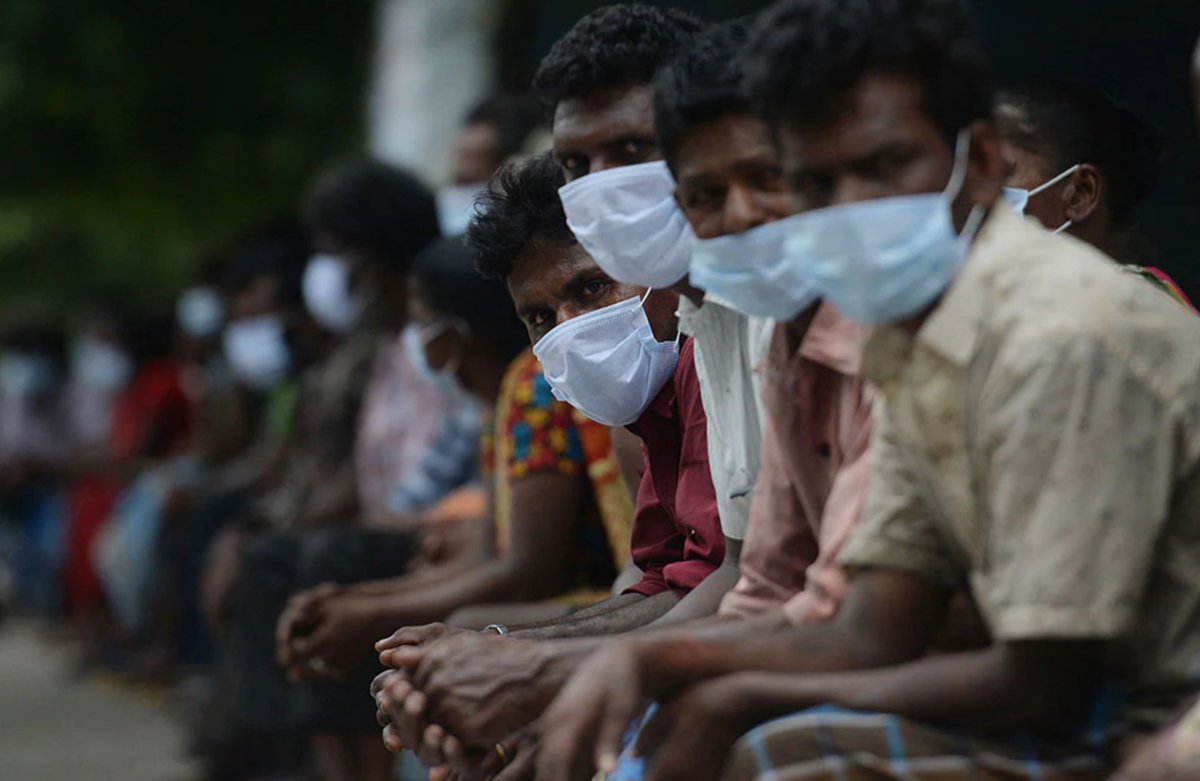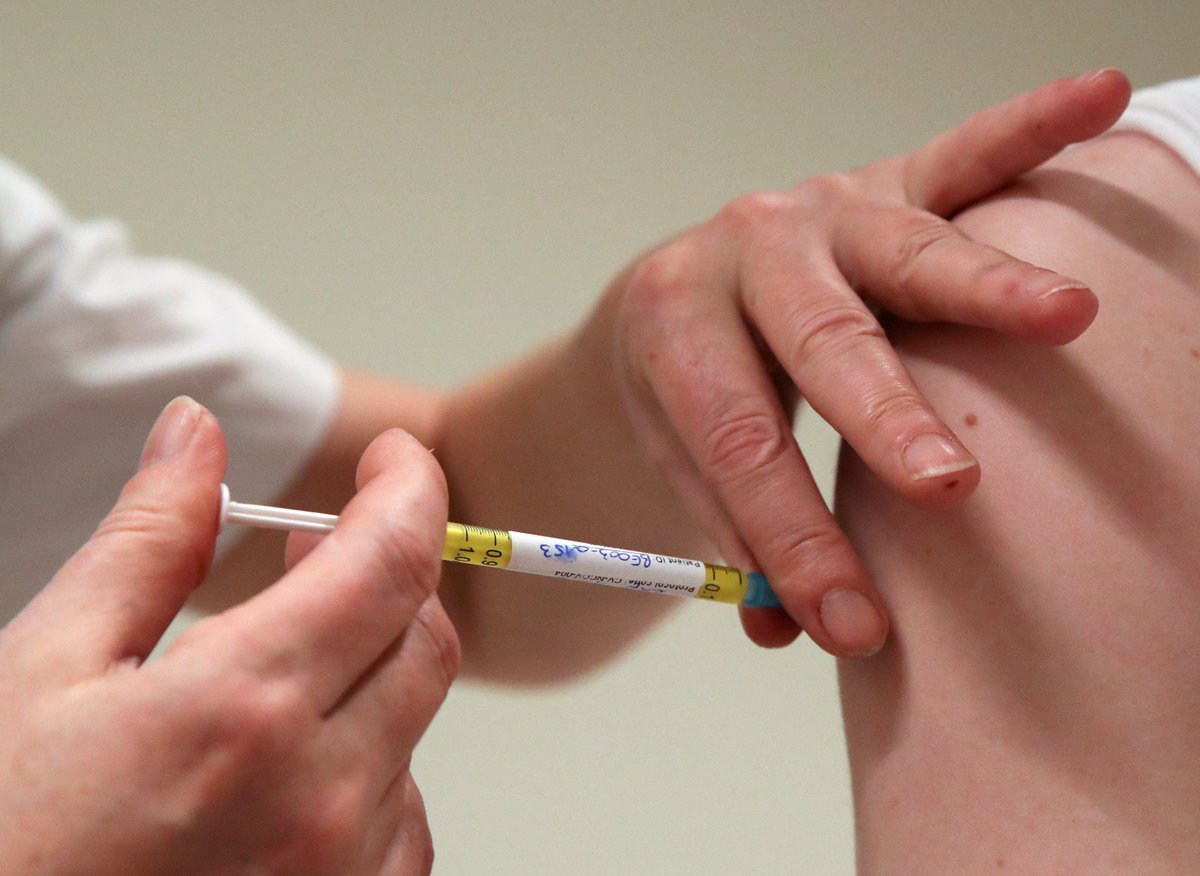
🇮🇳After decades of hard-won progress, Covid threatens not just to stagnate or slow India’s development over the next decade but even roll it back.
As infections subside, India now faces a difficult road to recovery
@joerwallen reports ~ 🧵
telegraph.co.uk/global-health/…
As infections subside, India now faces a difficult road to recovery
@joerwallen reports ~ 🧵
telegraph.co.uk/global-health/…
Before the pandemic, Prime Minister Narendra Modi famously claimed that the 21st century would belong to India.
Over 270 million Indians were hauled out of poverty between 2005 and 2015, according to @UNDP
Over 270 million Indians were hauled out of poverty between 2005 and 2015, according to @UNDP

However, the second wave of Covid has brought the country to its knees, leading to record levels of unemployment, while exposing decades of underinvestment in key public services, most notably healthcare and education 

An estimated 2.4 million Indians have lost their lives to Covid-19.
Infections are finally starting to subside but almost every family is grieving for a loved one
Infections are finally starting to subside but almost every family is grieving for a loved one

In April 2020 alone 120 million Indians lost their jobs, according to the Centre for Monitoring Indian Economy.
And this has barely improved since. The worst-hit has been India’s lower and middle urban classes who are almost entirely dependent on daily earnings
And this has barely improved since. The worst-hit has been India’s lower and middle urban classes who are almost entirely dependent on daily earnings

Unable to earn, 230 million Indians have been pushed back into poverty since the beginning of the pandemic, according to a report by Azim Premji University.
And activists believe this will force millions of children to drop out of education to work to support their families
And activists believe this will force millions of children to drop out of education to work to support their families

Girls are set to be hit the hardest, they say.
And there are fears there will be a resurgence of outdated practices such as bonded labour, child labour, human trafficking and child marriage
And there are fears there will be a resurgence of outdated practices such as bonded labour, child labour, human trafficking and child marriage

While some experts believe the Covid crisis will force a societal reckoning in India. Others believe the road ahead is much more uncertain…
@joerwallen reports
telegraph.co.uk/global-health/…
@joerwallen reports
telegraph.co.uk/global-health/…
• • •
Missing some Tweet in this thread? You can try to
force a refresh













